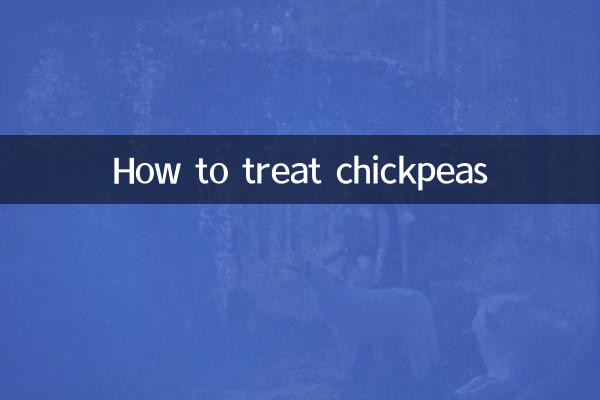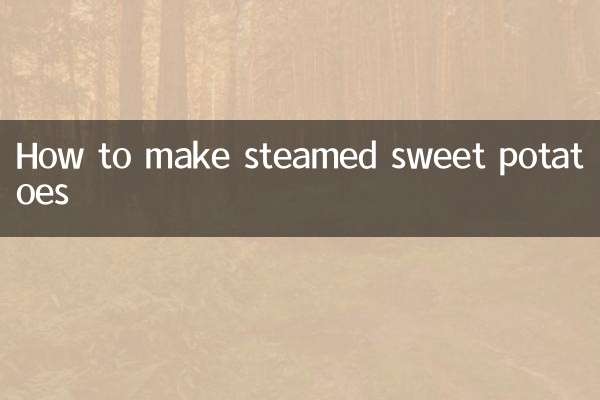How to treat chickpeas
Recently, the treatment of chickpea (chicken pox) has become a hot topic among livestock and pet owners. Chickpea is an infectious disease caused by fowlpox virus, which mainly affects chickens, turkeys and other poultry. Symptoms include skin acne and oral mucosal lesions. The following is the hot content and structured data searched across the Internet in the past 10 days to help you understand the treatment methods of chickpeas.
1. Symptoms and diagnosis of chickpeas

Symptoms of chickpea are generally divided into cutaneous and mucosal types. The skin type manifests as acne rashes on the crown, wattles, eyelids and other parts of the body; the mucosal type manifests as yellow pseudomembranes in the mouth and throat, which may affect breathing and eating in severe cases. Here is a summary of common symptoms:
| Symptom type | Specific performance | Severity |
|---|---|---|
| Skin type | Crown, wattles, eyelid acne rash | mild to moderate |
| Mucosal type | Yellow pseudomembrane in the mouth and throat | moderate to severe |
2. Treatment methods of chickpeas
Treating chickpea requires a combination of medication and nursing care. The following are the treatment options that have been hotly discussed on the Internet in the past 10 days:
| Treatment | Specific operations | Things to note |
|---|---|---|
| local treatment | Apply iodine or violet solution to acne rash | prevent infection from spreading |
| antibiotic treatment | Oral or injected antibiotics (such as penicillin) | Prevent secondary infection |
| Enhance immunity | Supplement vitamins A and E | Promote acne healing |
| Isolate sick chickens | Raise alone to avoid infection | Keep the environment clean |
3. Preventive measures
Prevention is the key to controlling the spread of chickpea. The following are prevention methods recommended across the web:
| Precautions | Specific operations | Effect |
|---|---|---|
| Vaccination | Use fowlpox vaccine (vaccination or injection) | Efficient prevention |
| Environmental disinfection | Disinfect regularly with bleaching powder or caustic soda | Reduce virus survival |
| Anti-mosquito and insecticide | Use mosquito nets or insecticide | Cut off transmission routes |
4. Recent hot discussions
In the past 10 days, the following topics have been popular on breeding forums and social media:
| topic | focus of discussion | heat index |
|---|---|---|
| Chinese medicine for treating chickpeas | Therapeutic effects of isatis root and honeysuckle | ★★★★ |
| Family breeding response | low cost treatment | ★★★☆ |
| Vaccine side effects | Adverse reactions after vaccination | ★★★ |
5. Summary
Treatment of chickpeas requires a combination of medications, care and preventive measures. Timely isolation of sick chickens, local treatment of acne rashes, and nutritional supplementation are the core of treatment. Vaccination and environmental disinfection are key to prevention. Recently, traditional Chinese medicine therapy and family breeding strategies have become the focus of heated discussions. Farmers can choose appropriate solutions based on actual conditions.
If your chickens have suspected symptoms, it is recommended to contact your veterinarian for a diagnosis as soon as possible to avoid delaying treatment. Through scientific management and prevention, the spread of chickpea can be effectively controlled and the health of poultry can be ensured.

check the details

check the details